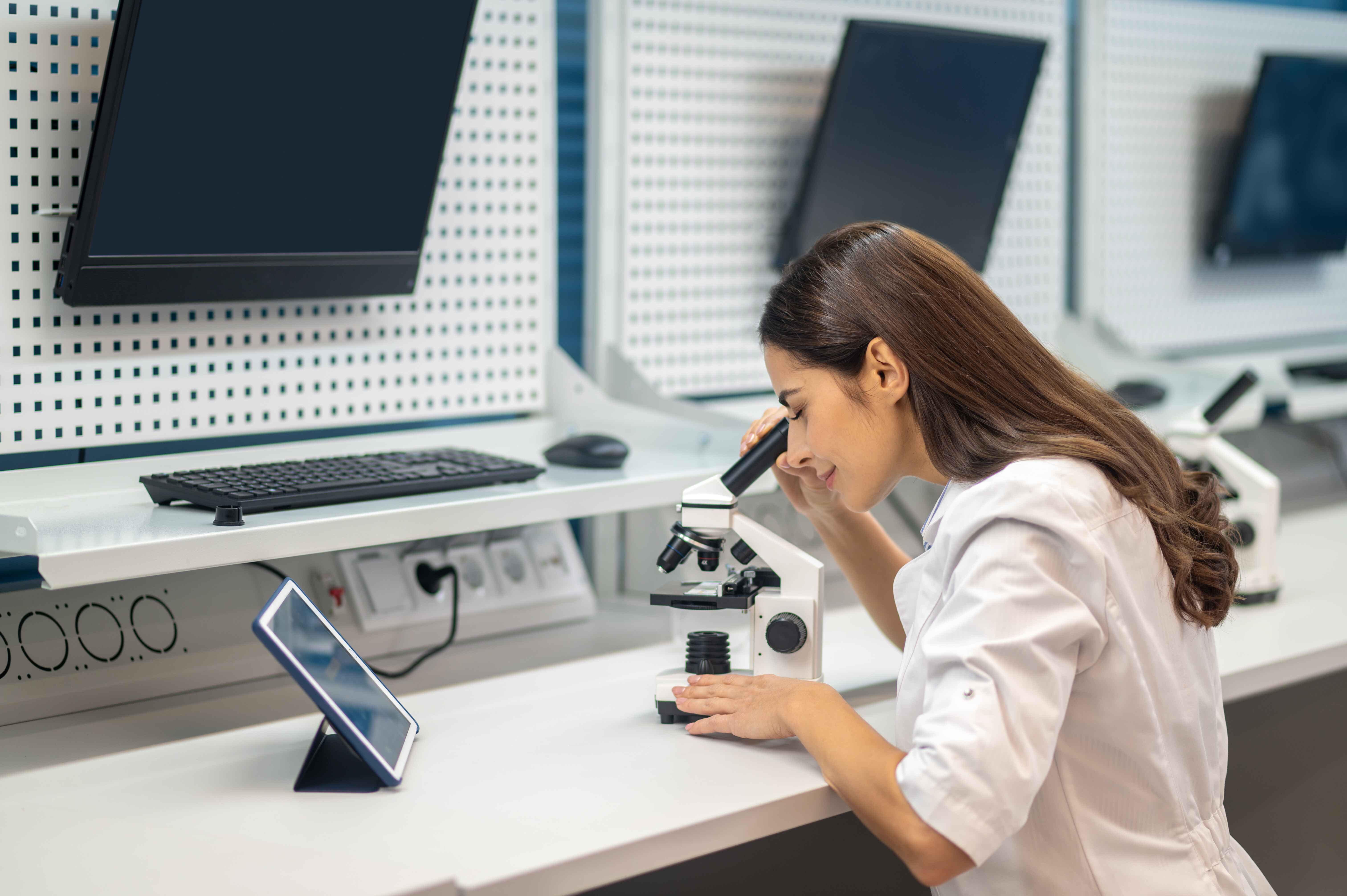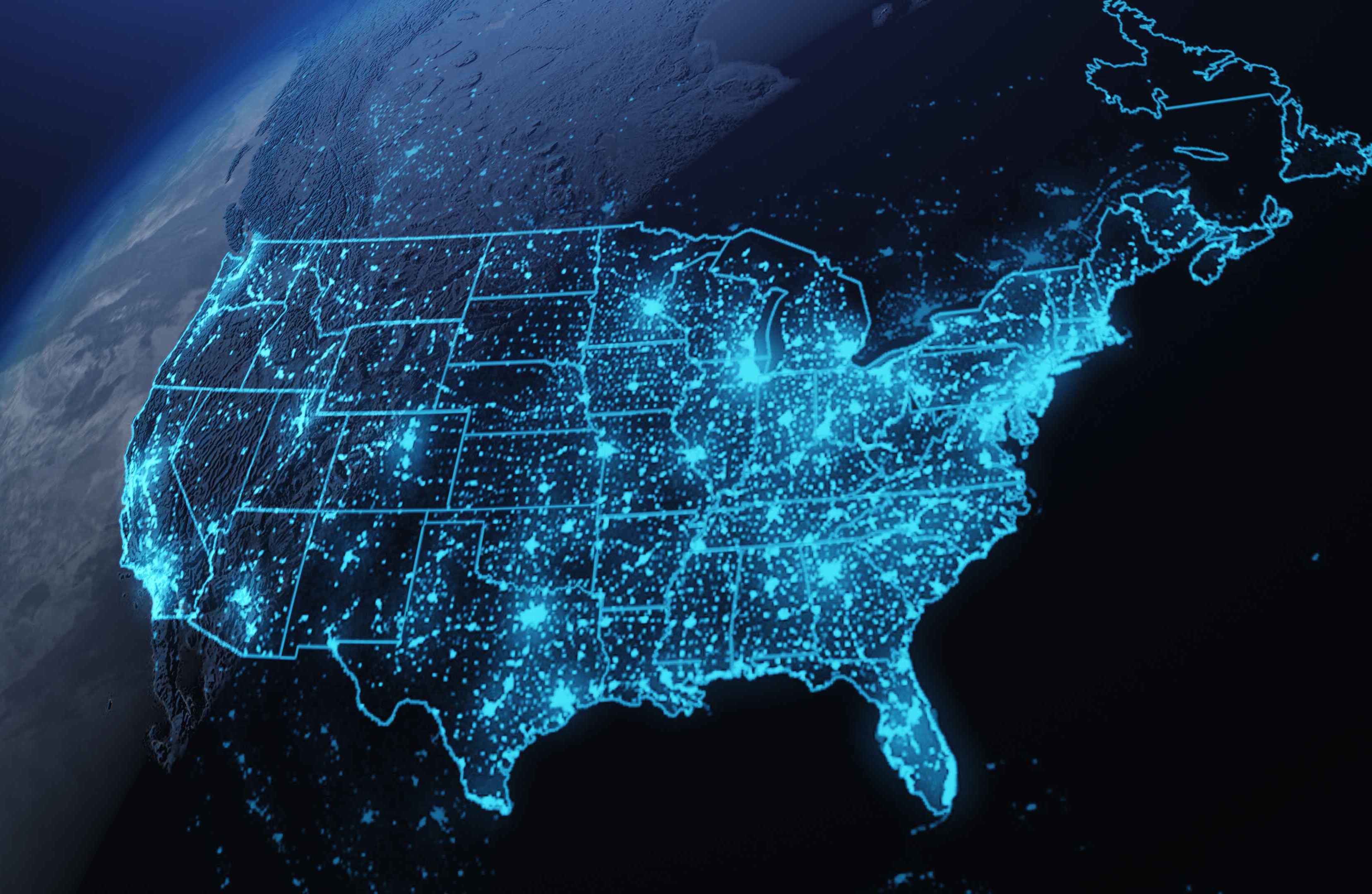

Biospecimen Donations have become a driving force in medical research, revolutionizing our understanding of diseases and leading to significant advancements in healthcare. The generous contributions of individuals who donate their blood, tissue, and other biological materials play a crucial role in accelerating scientific discoveries, developing new treatments, and improving patient care on a global scale. In this blog post, we will explore the profound impact of Biospecimen Donations, highlighting how these selfless acts have transformed medical research and healthcare worldwide.
Advancing Medical Research
Biospecimen Donations have propelled medical research forward in several significant ways:
Disease Understanding and Diagnostics: Biospecimens provide researchers with invaluable insights into the underlying mechanisms of diseases. By studying these samples, scientists can identify disease markers, develop diagnostic tests, and improve early detection strategies.
Personalized Medicine and Treatment Development: Biospecimens enable the study of genetic variations, biomarkers, and drug responses across diverse populations. This knowledge has led to the development of targeted therapies and personalized treatment approaches, improving patient outcomes and reducing adverse effects.
Drug Discovery and Development: Biospecimens serve as essential tools for drug discovery and development. Researchers can test potential therapeutics on different types of cells or tissues, enhancing the efficiency and safety of drug trials.
Genomic Research and Medicine: Biospecimens contribute to the advancement of genomic research, helping scientists uncover the genetic basis of diseases. This knowledge supports the development of medicine, where treatments are tailored to an individual's unique genetic profile.
Improving Global Healthcare
The impact of Biospecimen Donations extends beyond research laboratories, significantly improving healthcare on a global scale:
Better Disease Prevention and Control: The knowledge gained from biospecimen research aids in disease prevention and control efforts. Early detection, improved diagnostics, and targeted interventions help reduce the burden of diseases and enhance public health outcomes.
Development of Vaccines and Therapies: Biospecimens are instrumental in the development of vaccines and therapies, leading to breakthroughs in the treatment and prevention of infectious diseases. The ongoing COVID-19 pandemic has highlighted the critical role of Biospecimen Donations in the rapid development of effective vaccines.
Enhanced Patient Care and Outcomes: Biospecimen research enables clinicians to make informed decisions about patient care. By understanding the genetic makeup and disease progression, healthcare providers can personalize treatment plans, optimize medication regimens, and improve overall patient outcomes.
Global Health Equity and Inclusivity: Biospecimen Donations from diverse populations contribute to reducing health disparities and promoting global health equity. Research findings derived from diverse samples help ensure that medical advancements and treatments are effective for all populations, regardless of ethnicity or geographical location.
Encouraging Biospecimen Donations
To maximize the global impact of Biospecimen Donations, it is crucial to foster an environment that encourages participation:
Public Awareness and Education: Raising awareness about the importance of Biospecimen Donations and educating the public about the impact of their contributions can increase participation rates.
Trust and Confidentiality: Ensuring robust privacy protections and maintaining donor anonymity are essential to build trust and reassure individuals about the confidentiality of their information during Biospecimen Donations.
Streamlined Donation Processes: Implementing efficient and user-friendly biospecimen donation processes, including clear consent procedures and convenient collection methods, can encourage more individuals to participate.
Collaboration and Resource Sharing: Encouraging collaboration between research institutions and facilitating the sharing of biospecimen samples and data across borders can amplify the impact of donations and foster global scientific cooperation.
Safeguarding Donor Privacy in Biospecimen Collection Biospecimen Donations plays a vital role in advancing medical research, enabling scientists to study diseases, develop new treatments, and improve patient care. However, with the increasing demand for samples, it is crucial to address the ethical concerns surrounding donor privacy. Safeguarding the confidentiality and anonymity of individuals who contribute biospecimens is paramount to maintaining trust, encouraging participation, and upholding ethical standards. In this blog post, we will explore the challenges faced in safeguarding privacy for Biospecimen Donations and discuss potential solutions to strike a balance between medical research advancements and ethical considerations related to Biospecimen Donations.
Balancing Medical Research and Ethical Considerations
Donor privacy is a fundamental aspect of medical research ethics. When individuals contribute biospecimens, such as blood, tissue, or genetic material, they trust that their personal information will be kept confidential. Protecting donor privacy for Biospecimen Donations serves several crucial purposes:
Challenges in Donor Privacy
Despite recognizing the importance of donor privacy, several challenges arise when it comes to safeguarding this sensitive information:
Protecting Donor Privacy
To overcome these challenges and protect donor privacy effectively, various measures can be implemented:
Biospecimen Donations have a profound global impact, driving medical research forward and improving healthcare outcomes for individuals and communities worldwide